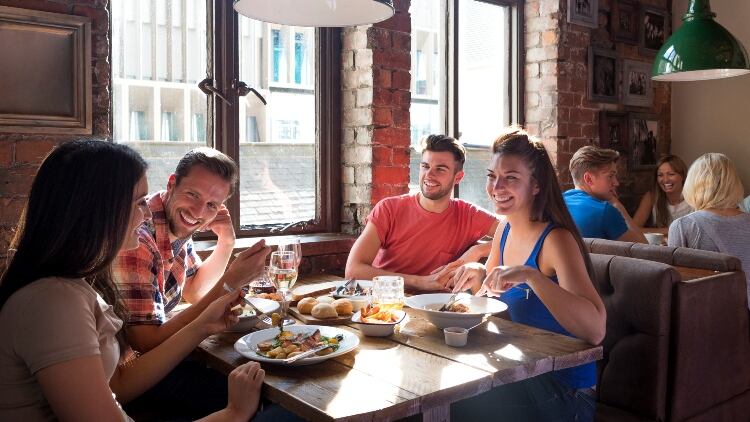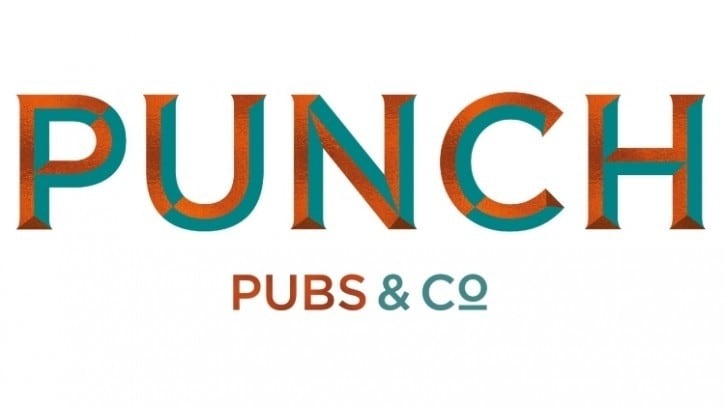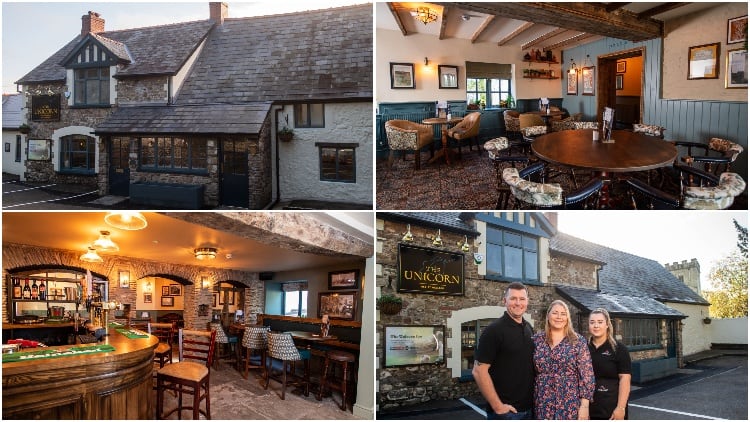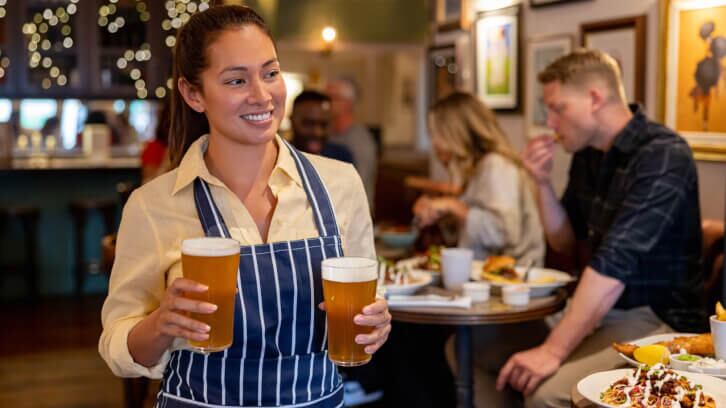Research has showed 12% of consumers eating out at hospitality venues are still not honouring their reservations and not informing venues in advance that they need to cancel, which represents a six percentage-point rise from 6% in September 2022.
Statistics, compiled by Zonal and CGA by NIQ, show food-led pubs are the second-most impacted type of business suffering from diners not showing up at 24% of sites while restaurants are the hardest hit with 27% of those suffering.
The cost in lost revenue across the entire industry has been calculated to be worth £17.59bn per year and this figure does not include the wasted food and staffing costs that are draining away as well.
Max Heaton, director at the Shibden Mill Inn in Halifax agreed to a certain extent.
“We do tend to get quite a few no-shows but that generally happens if someone wants a specific time booking,” he explained. “We tend to generally be when somebody wants a specific time, say, 7pm to 7.30pm, but when we tell them there’s only 8.30pm available they will book and then not show up.
“But we definitely don’t get as many as 12% cancelled.”
Conversely, Steve Orme, who operates the Red Lion in Shepperton and the Golden Grove in Chertsey, both in Surrey, said he has not noticed a significant lift since last year but stills suffers from guests not turning up.
There has not been a noticeable spike recently for Orme, who said: “It’s one of the ongoing things that our industry has to deal with and people just think it’s OK to not turn up.
“I was brought up with manners but it could be a whole society problem. People don’t think of the ramifications of it.
“It’s not catastrophic for us because it happens and all of us in the industry just live with.”
He reckoned the worst affected days would be Fridays and Saturdays and this would be down to “sheer ratios”.
“You’re more likely to be full on those nights. I might have six bookings on a Monday and 50 on a Friday so if I lose one booking in every 20, that’s one week on a Friday but only one every three weeks on a Monday.”
Heaton of the Shibden Mill in West Yorkshire agreed it is usually Fridays, Saturdays and Sundays that are affected most by no-shows.
A lot of walk-ins
Jonathan Pearson, co-owner and licensee of the White Hart, Ashill, Norfolk, said his food-led pub had not witnessed any increase in no-shows.
“We haven’t [noticed many] in fairness. A lot of our customers are walk-ins and although we do get a lot of bookings, the percentages where people don’t turn up are very low,” he told The Morning Advertiser.
“We may have the odd table here and there where someone doesn’t turn up but that’s it. It’s not a significant problem for us and it could be because of where we are. Maybe some of the pubs in cities and busier towns suffer but we’re quite rural and we don’t tend to have that much of a problem here.
“I don’t think it’s got any worse than a year ago.”
Josh Cracknell of the Beresford Arms, Morpeth, Northumberland, argued: “It has risen but it’s because we’re getting busier.
“We were doing about 100 covers on a Sunday and now we’re up to about 120 – so that’s the busiest day and that’s when we’re probably going to get no-shows.
“The majority of people are quite good and will ring up if there’s a problem so we haven’t been affected too much.”
He added having an online booking system that allows guests to cancel a booking helps as well.
To try to combat the no-shows issue, the Red Lion’s Orme charges a deposit on larger parties of eight or above but is happy to return the money if a cancellation is phoned in to him with decent notice.
He will give a certain amount of grace for latecomers but the table then goes on sale for a walk-in but the opportunity to sell it may be too late, of course.
However, he puts on a lot of events that are ticketed such as candle-making and wreath-making classes, and there are no refunds on these.
He argued: “If you want to go and see Madonna, you buy your ticket and you go. You don’t reserve a ticket and then not bother going on the night.”
He explained the pubco’s website has a facility to buy tickets and shows a countdown of how many are still available so customers know when an event is close to selling out.
And since Covid…
Orme said the issue of no-shows did spike during Covid.
“If you wanted a pint, you had to have a seat to put your bum on,” Orme explained. “There was no vertical drinking at the bar so people were booking a table on a whim and they might have also booked a table before for drinks the Dog & Duck. And then, come Friday, they would choose where they wanted to go and not tell the other pub.”
The Shibden Mill has suffered an increase in no-shows since Covid and the pub that was a finalist in the Best Pub for Food category of the Great British Pub Awards 2023 has also thought about taking deposits to combat the issue.
Heaton said: “I would say no-shows have gone up since Covid and we have considered the idea of deposits, but we’re just a bit wary that people would not book initially with that in place so we haven’t moved on to doing that.”
Zonal said following the launch of the industry-wide #ShowUpForHospitality campaign in September 2021, the percentage of hospitality customers booking but simply not turning up dropped from 14% at launch to 6% by September 2022. However, a further 12 months on again and customers appear to have fallen back into old habits and rates of no-shows have significantly increased once more, the researchers said.
Zonal chief sales and marketing officer Olivia FitzGerald said: “These latest insights show that no-shows are still very much an issue facing the industry and it is a costly one. It is important we continue our efforts to educate customers on the impact that not honouring bookings has on the industry, as well as finding ways for businesses to help reduce the risk of these no-shows occurring.
“We launched our #ShowUpForHospitality campaign in 2021 in order to shine a light on this issue, change consumer behaviours, as well as start an industry discussion as to how best to combat this long-standing problem.
“While the industry has made significant steps to reduce these figures, there is still more work to be done. We want to again bring the industry together to raise awareness of the issue, to share knowledge on how to mitigate the problem, as well as encourage customers to always show up for hospitality and help support their local pubs, bars and restaurants.”
CGA by NIQ client director Andy Dean added: “This research is incredibly important in highlighting the impact no-shows are having on the hospitality sector while customers might think missing a reservation is only a minor inconvenience for the venue and staff, the wider connotations need to be emphasised to customers so they appreciate the need to show up for hospitality, support the industry and the workers within it.”




